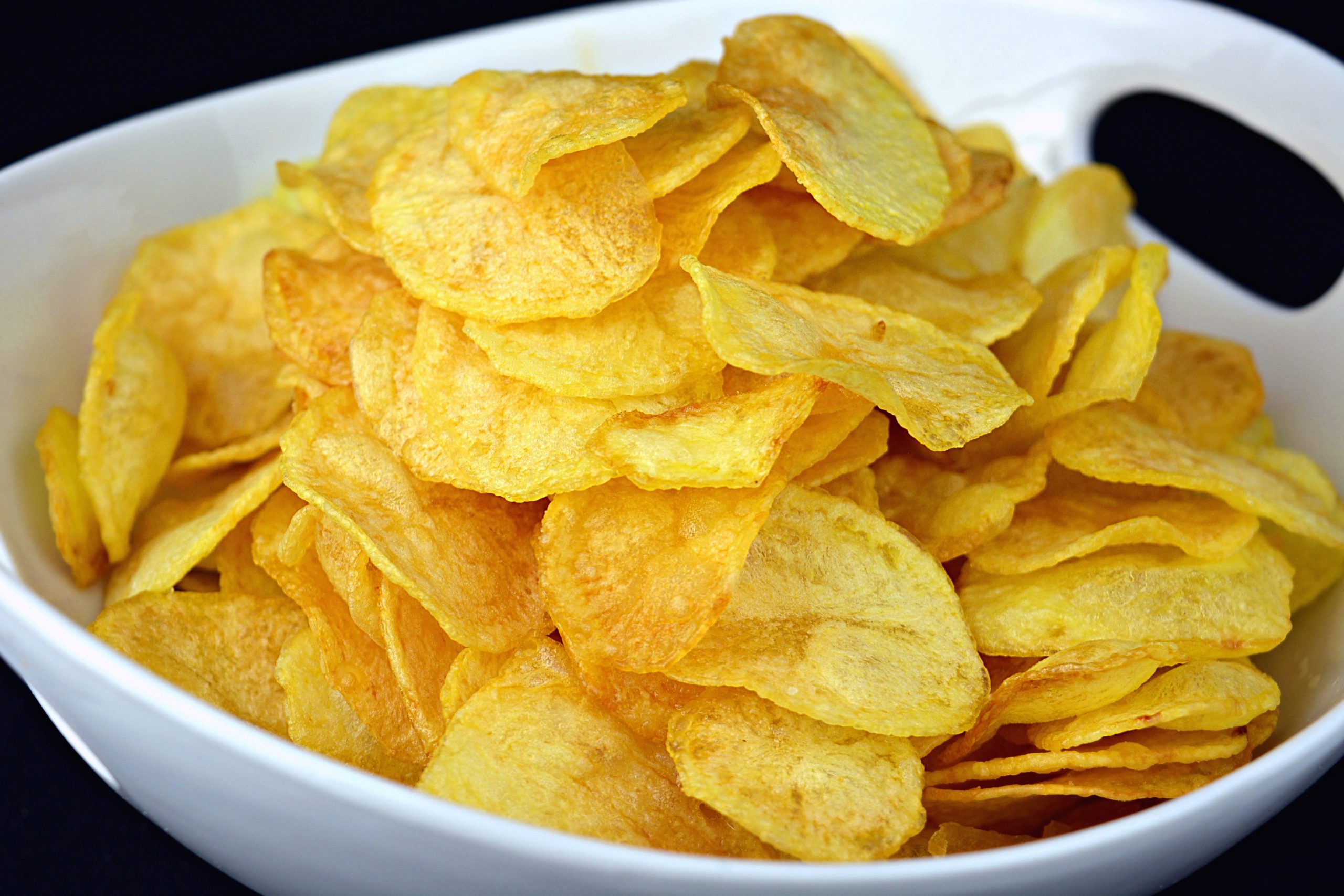Ultra-processed foods are foods made from highly refined ingredients and are easy to eat. Scientific studies show that the consumption of such foods is not only harmful to health but can also lead to food addiction.
Research suggests that eating ultra-processed foods is associated not only with the risk of developing type 2 diabetes, cardiovascular disease and obesity, but also with food addiction, which is characterized by the inability to refrain from such foods. (1,2)
Having established that, the list of ultra-processed foods includes not only French fries and chips, but also pizza, hamburgers, cakes, multi-fruit shakes, chocolate, and even ice cream. Many people like the taste of this type of foods so much that they are willing to put their figure (and their health) in danger, which is a typical example of addiction.
What are ultra-processed foods?
Ultra-processed food is a term that expands and complements the term “fast food”. This category includes industrially made and ready-to-eat foods that can be stored for a long time without any special conditions.
To make ultra-processed foods, low-nutrient, calorie-loaded ingredients are generally used. Some examples are refined sugars, white flour, ultra-pasteurized milk, and processed vegetable fat (margarine, industrial fat).
The consumption of ultra-processed foods is very high, especially among people living in cities. In figures, in many countries ultra-processed foods represent more than half of the daily caloric intake. (3) These foods are considered tasty, affordable, and cheap. And this is precisely the main problem of its excessive consumption.
What damage do they produce?
Ultra-processed foods commonly contain higher amounts of fat, simple carbohydrates, and salt than natural foods. At the same time, they lack vegetable fiber, vitamins, minerals and other nutrients necessary for the body functions.
Simple or fast carbohydrates dramatically increase blood sugar (which, when lowered, produces a specific feeling of fatigue, which drives the urge to eat). Trans fats – also contained in these foods– can act as carcinogens, altering the normal function of the metabolism and even of the brain.
Moreover, many ultra-processed foods are high in salt and additives. The goal is to enhance the flavor and to extend the shelf life of the product. Excess salt and additives are associated with an increased risk of cardiovascular disease. Additionally, the WHO recommends completely avoiding processed meat products due to their carcinogenicity.
Despite the fact that most people are aware of the possible harm of ultra-processed foods, they will not completely refrain from using them, and they often even feel bad for over consuming these products.
In this context, there is another problem: it is extremely difficult for the lovers of ultra-processed foods to eat a healthy and stable diet.
Addiction to ultra-processed foods
The secret of the powerful flavor of ultra-processed foods is the combination of fast-digestion carbohydrates, fat, salt, thickeners, colorants and flavor enhancers. In some cases, monosodium glutamate can be used as a flavor enhancer.
Scientists note that eating ultra-processed foods builds tolerance. (2) In other words, a person gradually feels the need to consume more and more to obtain the same satisfaction. Furthermore, the taste of “regular” food starts to seem too bland and uninteresting.
In addition, the texture also plays a role; it is known that many people like crunchy foods. The crunch can be achieved by frying foods in oil or using refined carbohydrates (for example in baked goods). In many cases, natural foods do not have such characteristics.
List of ultra-processed foods
The complete list of ultra-processed foods includes thousands of foods ranging from candy, white bread, frozen pizzas and instant noodles, to cakes, cookies, juice, mayonnaise, and processed cheese.
Ultimately, it is easier to describe what ultra-processed foods are definitely not: whole grains, legumes, fruits and vegetables (including frozen ones), eggs, mushrooms, fresh nuts, whole meat, and “homemade” dairy products.
Here is a list of ultra-processed foods that you should avoid:
- Carbonated drinks
- Sweet or salty packaged snacks
- Ice cream
- Candy (pastries)
- Margarines and spreads
- Cookies, cakes and pies
- Cereal bars
- “Fruit” flavored drinks
- Sugary cocoa drinks
- Meat and chicken extracts
- “Instant” sauces
- “Healthy” and “weight-reducing” products as substitutes for dishes
- Pre-made cakes, pastas and pizzas
- Poultry and fish “nuggets” and “fingers”
- Sausages
- Burgers
- Powdered and packaged “instant” soups, noodles and desserts
Why do manufacturers insist on ultra-processed foods?
The increase in the amount of ultra-processed foods is partly due to the manufacturers’ desire to sell more. That is why more eye-catching packaging and advertising are used. As well as the use of various additives designed to make the taste and texture of the product as pleasant as possible for the consumer.
Moreover, the demand for low prices forces them to save money on ingredients. For example, instead of healthy fat, ultra-processed products use refined palm oil. For beverages or fruit juices, instead of the fruit sugar itself, fructose syrup and flavor enhancers are used, which are significantly cheaper but more harmful.
Link: https://nutricion360.es/alimentos/alimentos-ultraprocesados
Date: March 3rd, 2021
By: Dmitry Pyatanov
REFERENCES
Which Foods May Be Addictive? The Roles of Processing, Fat Content, and Glycemic Load, https://www.ncbi.nlm.nih.gov/pmc/articles/PMC4334652/
The concept of “food addiction” helps inform the understanding of overeating and obesity, https://pubmed.ncbi.nlm.nih.gov/33448279/
Unhealthy Foods Aren’t Just Bad For You, They May Also Be Addictive, https://www.nytimes.com/2021/02/18/well/eat/food-addiction-fat.html
Nutrigenomics Institute is not responsible for the comments and opinions included in this article






